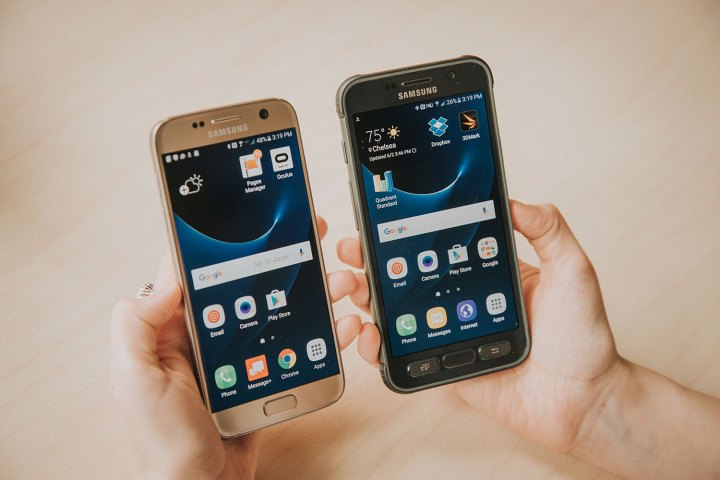
RCS, or Rich Communication Services, is the successor to SMS and MMS, and as such brings a number of improvements found in modern instant messaging services, like group chat, video calling, location sharing, large file transfers, and high-quality images. Last week, Google announced its plan to fully integrate RCS into its Messenger app, which it has renamed Android Messages.
One of the major roadblocks to widespread adoption at this time is carrier support. RCS must be activated by the network operator, and while many carriers have implemented the technology in some fashion within their own bespoke messaging services, they haven’t adhered to the universal standard. Samsung and Google have each announced they are working closely with carriers around the globe to advance availability, with Samsung in particular saying it has already partnered with Deutsche Telekom, KT, SK Telecom, T-Mobile, and Vodafone.
Samsung is counting on its cloud-based RCS servers and interconnectivity hub to make the switch as painless as possible for service providers. The company says the cloud “will allow mobile network operators to quickly launch the service and avoid the costly and time-consuming efforts of building their own network infrastructure.” The hub will ideally support and simplify compatibility between carriers, helping to make RCS as ubiquitous as its predecessors.
Additionally, Samsung has recognized that each carrier has its own specific, unique needs. To this end, the company plans to offer its RCS solution as a complete package, or piecemeal through modular options, so networks can integrate RCS however they wish while ensuring that the implementation stays consistent with the global standard.
Editors' Recommendations
- Google Messages vs. Samsung Messages: Which app should you use?
- How to save text messages on iPhone and Android
- As a loyal iMessage user, I’m sick and tired of Apple’s resistance to RCS
- Google brings powerful features to Samsung Galaxy S22 and Tab S8
- How to enable RCS messaging in Google Messages on Android phones
